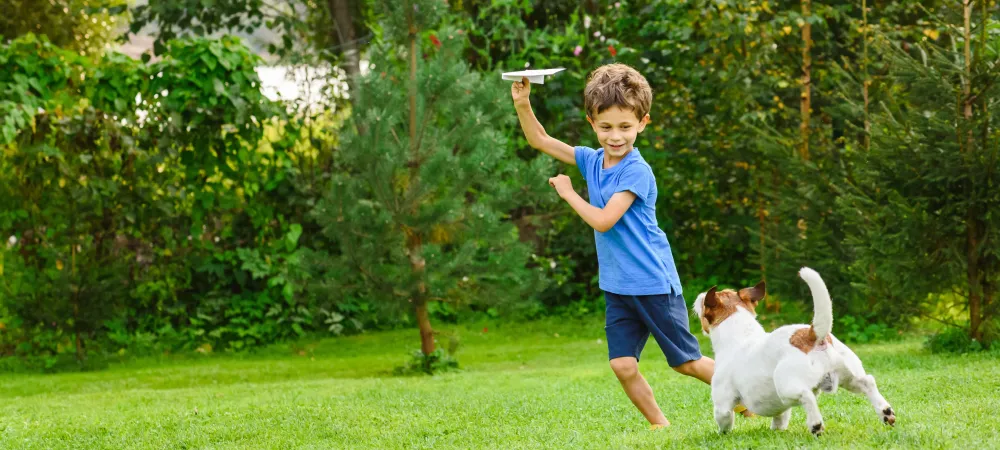How To Protect Yourself From The “Kissing Bug” Disease

The “kissing bug” may have a romantic-sounding name, but this blood-sucking insect can be infected with parasites that are extremely dangerous to humans and can cause eventual death. “The kissing bug disease” or Chagas disease is an infectious disease transmitted to animals and people by triatomine bugs or “kissing bugs.” In Louisiana, the bugs have been found in several parishes, including Terrebonne, Jefferson, and St. Charles, according to multiple media records. Chagas is a potentially deadly disease. The “kissing bug” usually bites people and animals at night while being asleep, experts say. However, it’s not the bite that will make you sick. Experts explain that the bug leaves behind droppings that carry the parasites. If you accidentally scratch around your bite, the droppings with the parasite can enter your bloodstream and you become infected.
For more information about the kissing bug visit: https://www.cdc.gov/chagas/spreads/?CDC_AAref_Val=https://www.cdc.gov/parasites/chagas/disease.html
How To Prevent Kidding Bugs From Your Home
In Louisiana, the best way to prevent the disease is by keeping the bugs our of your home. Seal cracks and gaps around windows, walls, roofs, and doors. Make sure you remove wood, brush, and rock piles near your house. Use screens on doors and windows and repair any holes or tears. If possible, make sure yard lights are not close to your house (lights can attract bugs). Also, try to seal holes and cracks leading to the attic, crawl spaces below the house, and to the outside. Let your pets sleep inside.
What To Do If You Find A Kissing Bug
If you see a “kissing bug,” do not touch or squash it. Simply place a container on top of the insect, slide the bug inside, and fill it with rubbing alcohol or, freeze the bug in the container. Surfaces that have come into contact with the bug should be cleaned with a solution made of 1 part bleach to 9 parts water (or 7 parts ethanol to 3 parts water). Any material containing bug parts or feces should also be submitted for testing, preferably in a plastic bag or clean sealable container. Then, you should take it to your local extension service, health department, or a university laboratory for species identification.
For more information visit: http://ldh.la.gov/assets/oph/Center-PHCH/Center-CH/infectious-epi/PublicInfo/ChagasPublicInfo.pdf
